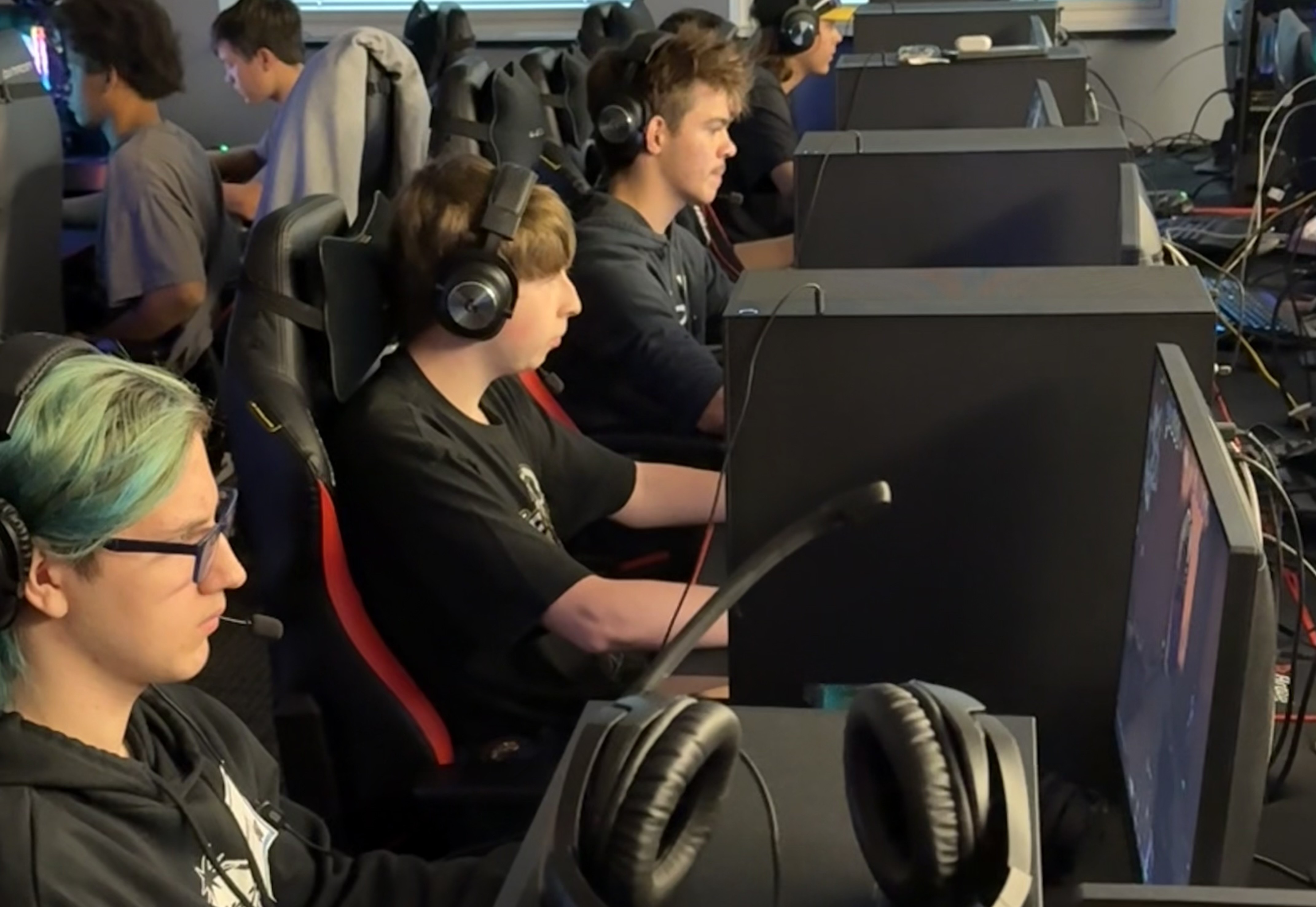Highlights At Demo Show: Carry Your Desktop On Your iPod, $70 PCs, And Virtual Apps
Courtesy of InformationWeek If all the world's a stage, then startup RingCube Technologies took a shaky step into the limelight last week as it showed how we'll one day be toting a virtual version of our PCs around on just about any small digital device. RingCube's MojoPac captures a machine's hard drive as a virtual PC and moves it onto an iPod, a USB memory stick, a cell phone, or even a digital camera. CTO Michael Larkin's mojo appeared to fail him when he tripped in the middle of his demonstration at the Demo 06 show in San Diego, sending his laptop to the floor with a thud and turning the stage screens dark. "Our demo was going so well ... " Larkin said. It was, of course, all a gag, and Larkin had his personal desktop settings and software "MojoPacked" on an iPod in his pocket. He was soon up and running again, his iPod plugged in to the USB port of a colleague's laptop and his desktop loaded into the Windows XP machine's memory. When he was ready to shut down, his Word and E-mail documents and all evidence of his activity on the second laptop went back onto the iPod. "What happens in MojoPac stays in MojoPac," Larkin told the crowd, pocketing his iPod. Six Minutes Of Fame Demo is where startups with products and technology deemed cool enough to make the grade get six minutes in front of the crowd before retiring backstage to skyrocketing sales or oblivion. Google CEO Eric Schmidt demoed Java at the show 11 years ago when he was CTO at Sun Microsystems. The Palm Pilot got its start there. And this year, maybe, just maybe, it will be the $70 computer that we remember. Stephen Dukker, former CEO of eMachines, demonstrated how his new company, NComputing, adds an $11 chip and two PCI cards to a standard white-box PC, enabling it to serve up the Windows desktop and other applications, including video, to seven monitors. So for the price of a $490 server, the company delivers seven computing desktops. So far, 80 percent of NComputing's sales have been in developing countries and to schools in rural parts of the United States, Dukker says. But businesses aren't oblivious to the high cost of PCs, he notes. The idea is similar to what made Citrix Systems great, serving the Windows client from a central machine. But the standard PC has become so powerful that large servers--with budgets to match--are no longer needed, Dukker contends. Cost savings also figured heavily into the Demo pitch from Trigence. Businesses are cutting costs through server consolidation, but the virtualization that makes it possible tends to be operating system-based. Multiple virtual machines run on a single server, tied to their applications and assigned their own system resources, such as CPU cycles. Startup Trigence takes a less-expensive approach. Unlike VMware, Microsoft Virtual Server, and Xen, it virtualizes just the application. (Microsoft is working on something similar based on its Softricity acquisition in July.) Trigence monitors the running app in its old location, captures its file dependencies, then redeploys the "capsulized" version, making sure those dependencies are met in the new environment, CTO Donn Rochette says. This makes it easier to migrate applications when upgrading from Solaris 9 to Solaris 10, or shifting from Red Hat Linux to Novell Suse Linux, or vice versa. Those are the only systems covered right now; more will be added later, Rochette says. Trigence ensures that an app arrives in a new operating system environment in a sure-to-run condition. That makes it easier to migrate and could help cut the number of servers in data centers running one application, often under an out-of-date operating system. There's no telling what will break out of Demo as a huge hit. But count on at least some of these bright ideas to move from six-minute pitch to business mainstay, like Java or the PDA.
Tools and ideas to transform education. Sign up below.
